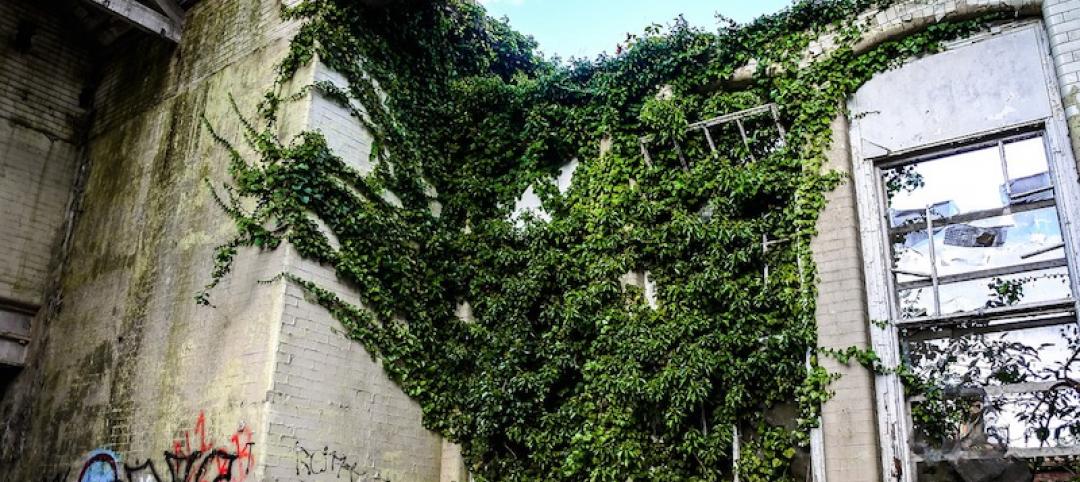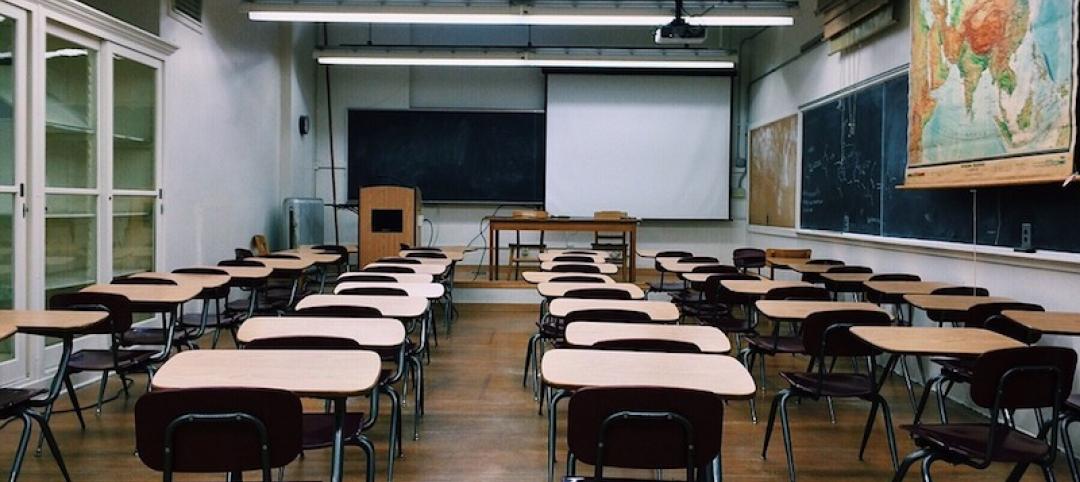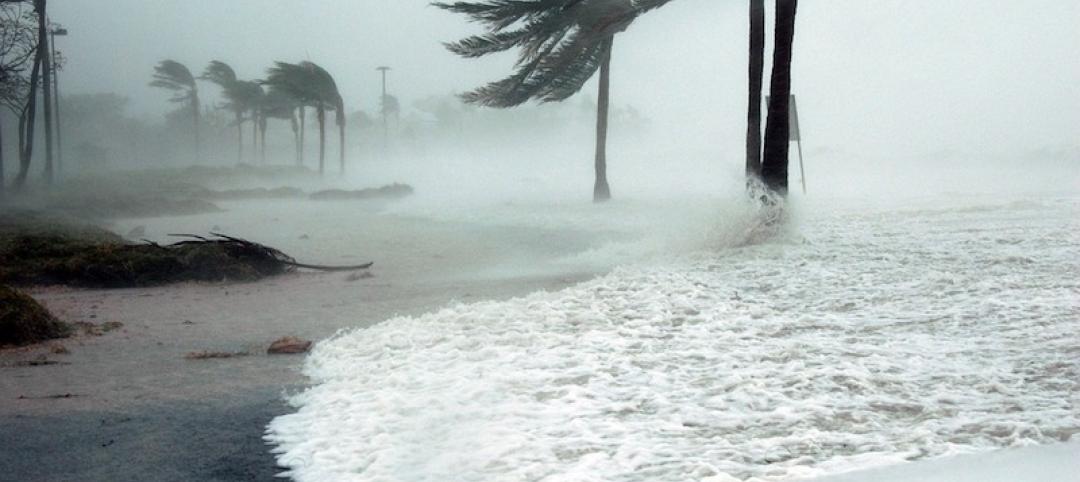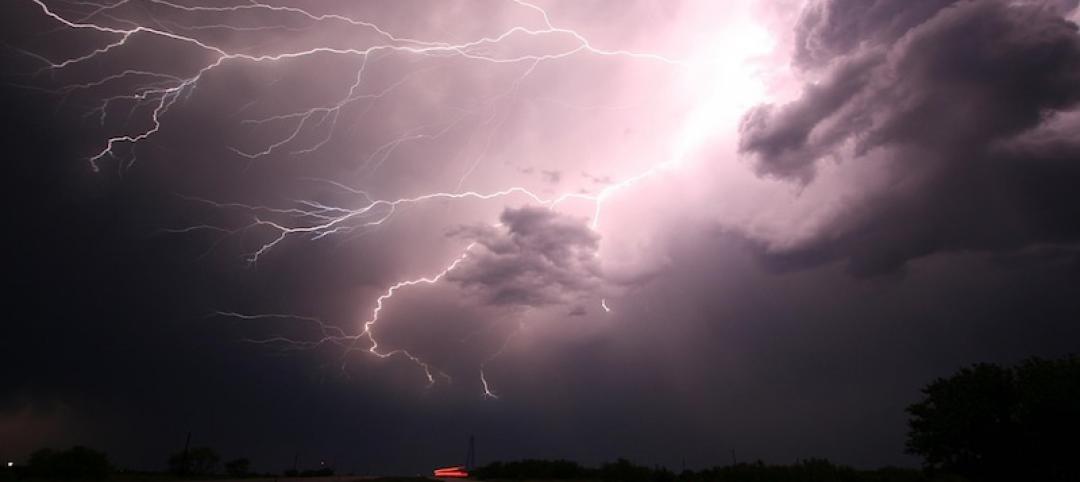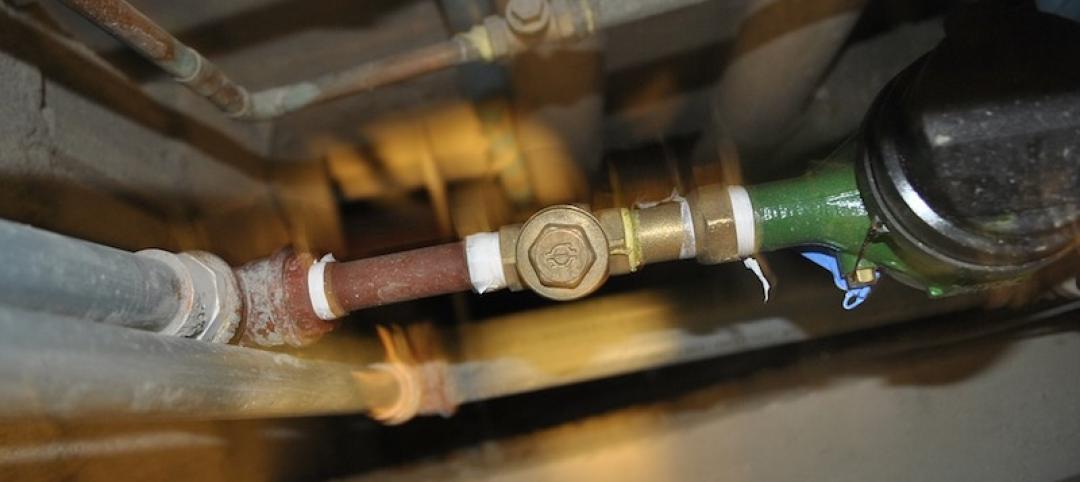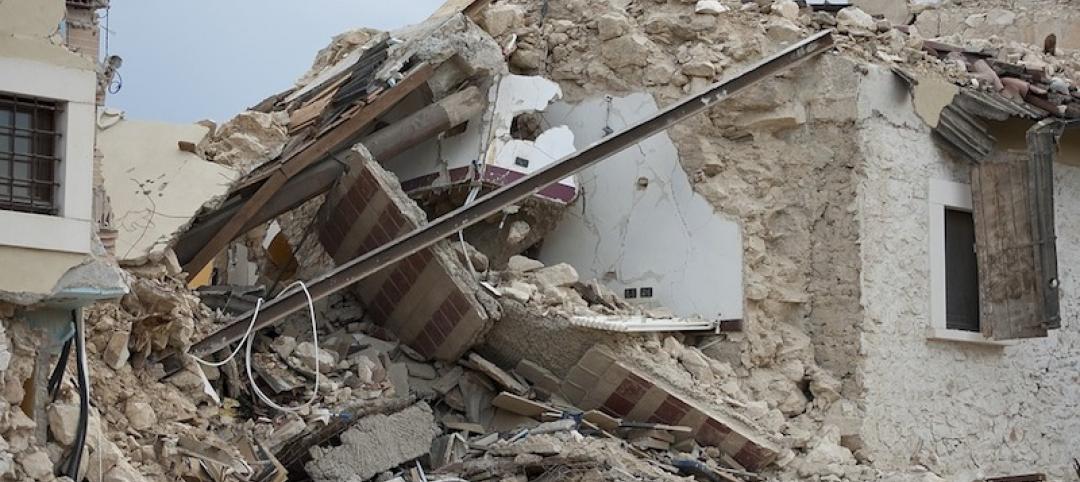A lack of metrics and associated data to establish current performance is holding back efforts to improve water and energy efficiency at sports venues, according to a new report from the National Institute of Building Sciences (NIBS).
More data is needed at both an individual venue level and across the building type, the report says. “Some venues do not have the tools, resources, or training to effectively manage and measure their performance, while those that have undertaken steps to improve do not have the data to compare themselves with their peers to determine if they are leading the pack or if there is still much more to be done,” it says.
NIBS, the Green SportsAlliance, and the Environmental Protection Agency are working to fill in the knowledge gap, but more data from arenas and stadiums is needed. Improving efficiency requires cooperation from operations and other departments,sponsors, vendors and concessionaires, government, utilities, allied organizations, leagues and conferences, management companies, designers,athletes, and fans, the report says.
The report recommends using financing mechanisms to improve access to capital. Technologies and practices of particular interest include lighting, renewable energy,refrigeration, occupant comfort, field maintenance (including irrigation, grow lights, and hydronics), plumbing, and metering, measurement, and verification tools.
Related Stories
Codes and Standards | Oct 31, 2018
Boston’s new flood protection plan centers on new parks
Initiative would add 67 acres of public open space.
Codes and Standards | Oct 30, 2018
San Francisco plans tougher seismic building codes
Recommendations include addressing geotechnical issues like those faced by Millennium Tower.
Codes and Standards | Oct 26, 2018
Tall Mass Timber code proposals approved at Intl. Code Council public comment hearings
Proposals now go to online voting; final outcome expected in December.
Codes and Standards | Oct 25, 2018
Low-income neighborhoods could benefit most from green roofs
Those areas face the biggest risk from extreme heat.
Codes and Standards | Oct 24, 2018
Building design critical to prevent school shootings
Safety must be balanced with welcoming environment.
Codes and Standards | Oct 23, 2018
Codes in Florida Panhandle made buildings vulnerable to Hurricane Michael
Less stringent codes in northern parts of state linked to devastation.
Codes and Standards | Oct 19, 2018
Global Green Tag production certification standard will launch in U.S. at end of year
Australian program recognized by WELL, claims compliance with LE.
Codes and Standards | Oct 18, 2018
Federally-backed rebuilding of public buildings often leaves them vulnerable to future storms
FEMA dollars pay for reconstruction, but local decision-makers ignore climate change impacts.
Codes and Standards | Oct 17, 2018
Philadelphia plumbing code will now allow for more use of plastic pipes in high rises
Of the 50 largest U.S. cities, Philadelphia is one of just six that still require metal pipes.
Codes and Standards | Oct 16, 2018
New Disaster Recovery Reform Act will support adoption of updated building codes
Provides incentives for communities to modernize and enforce codes.






